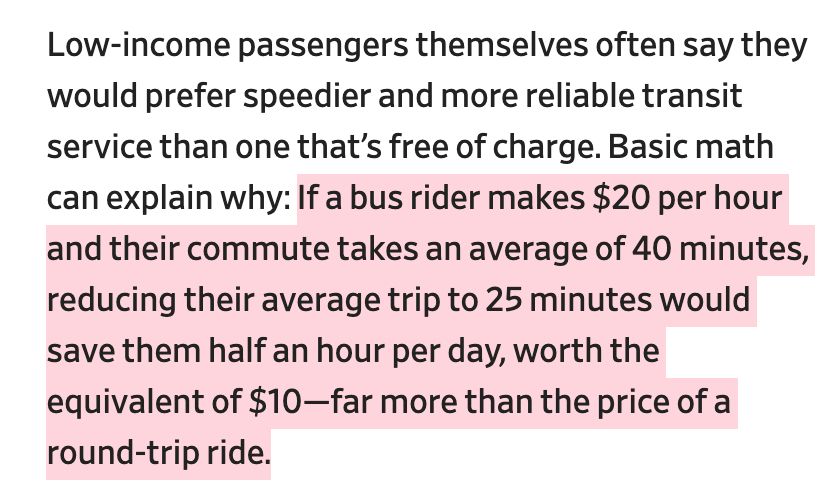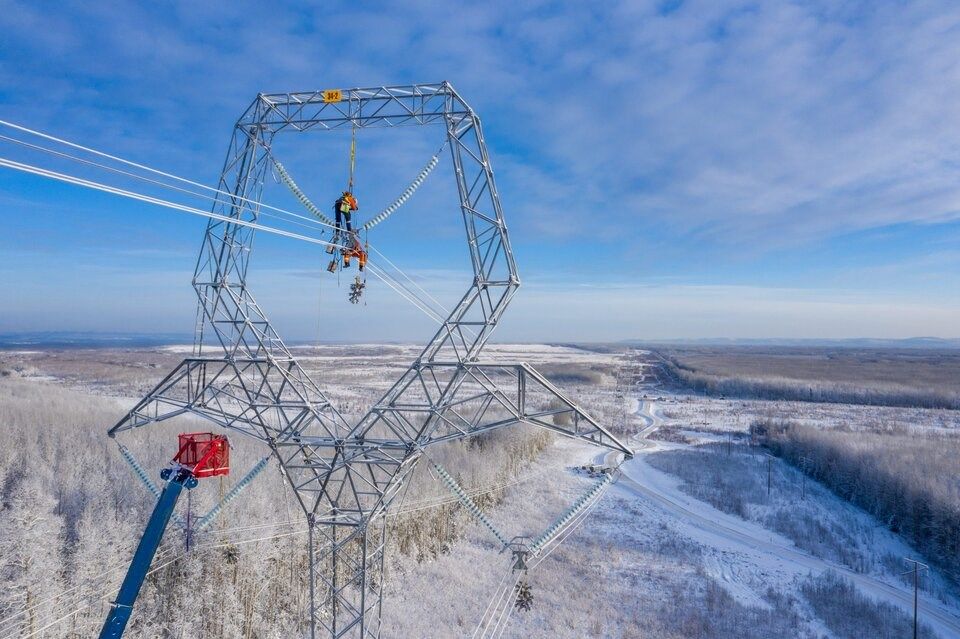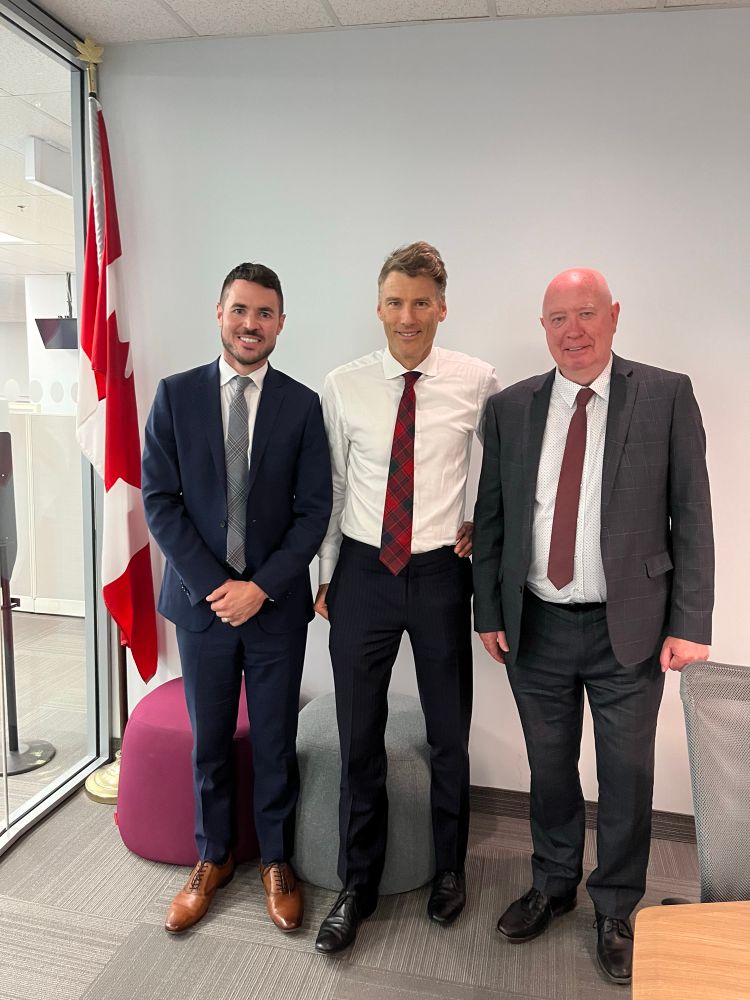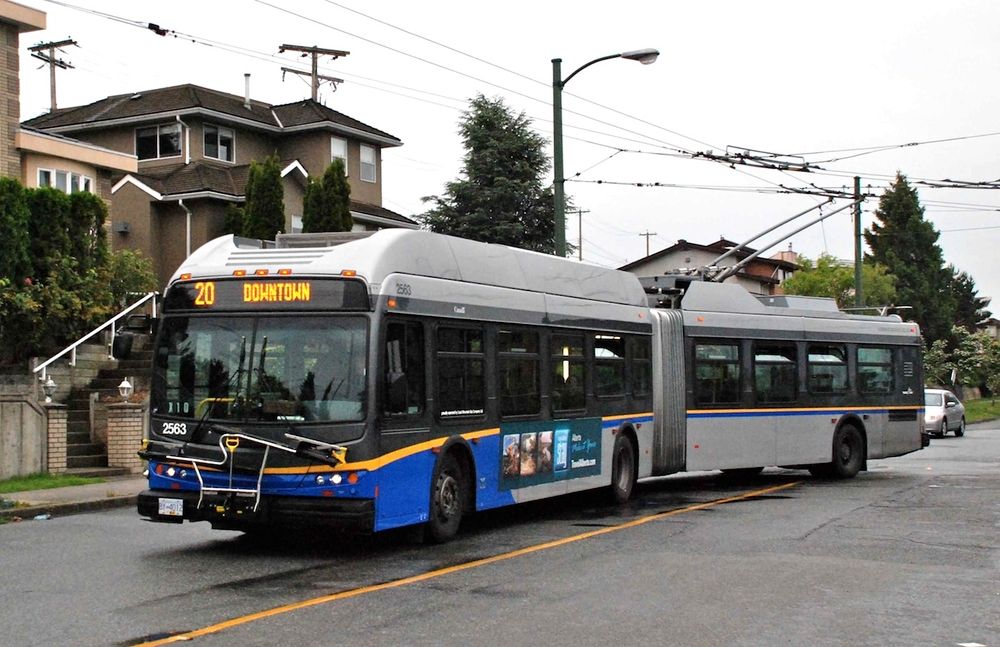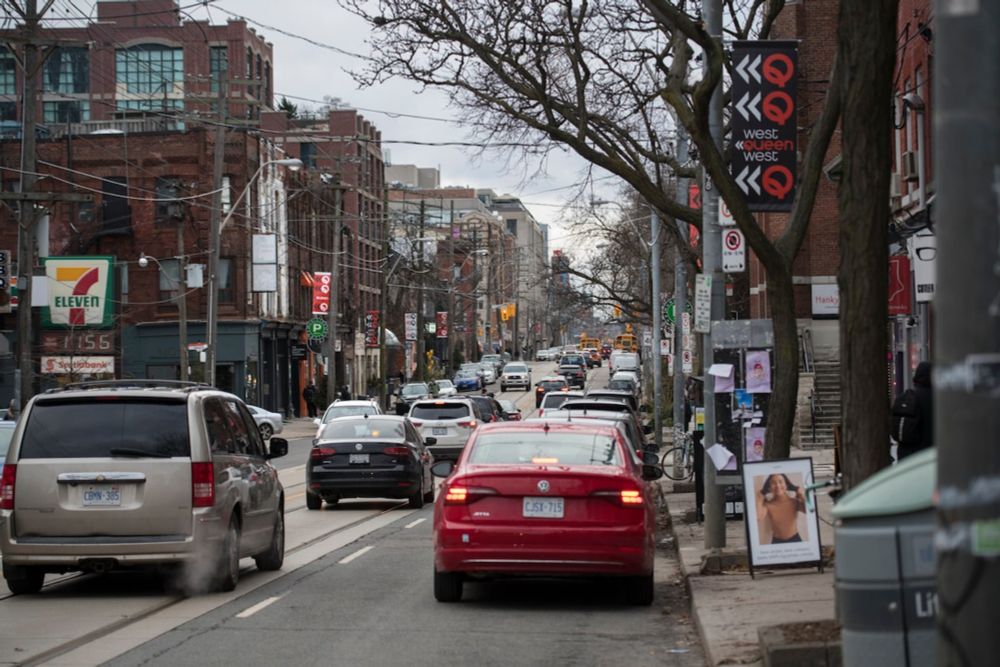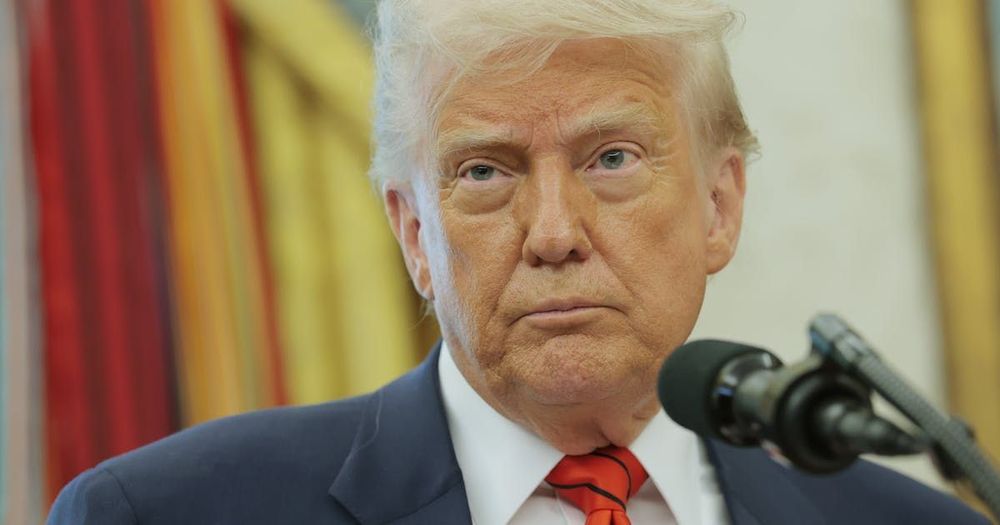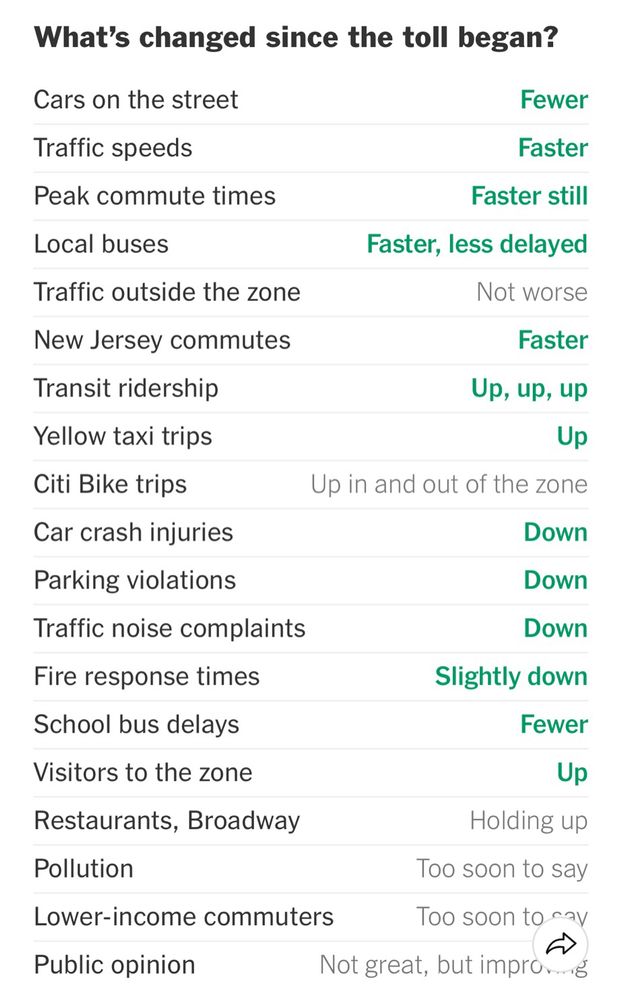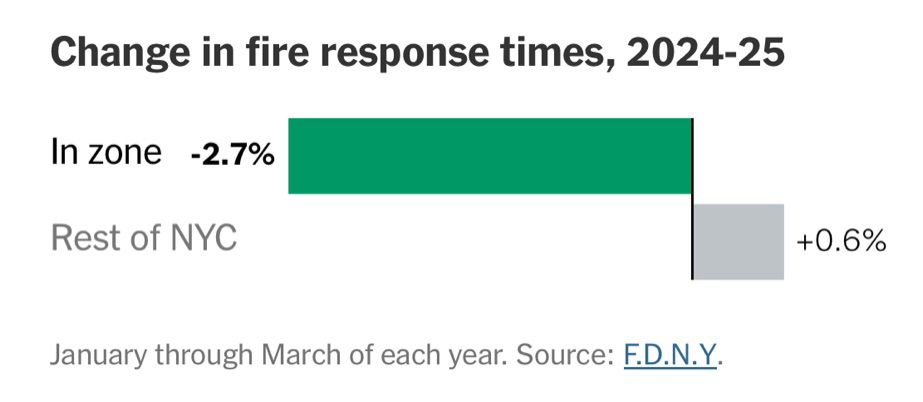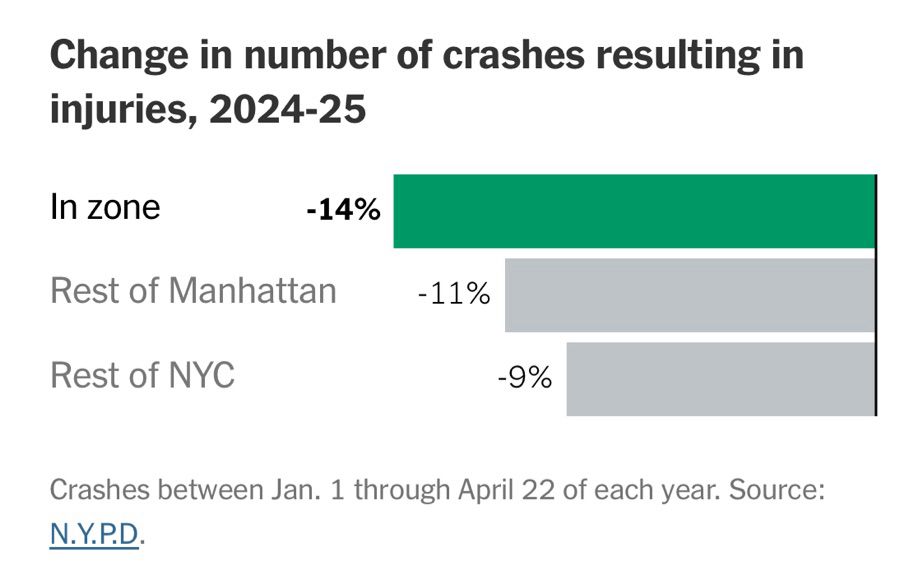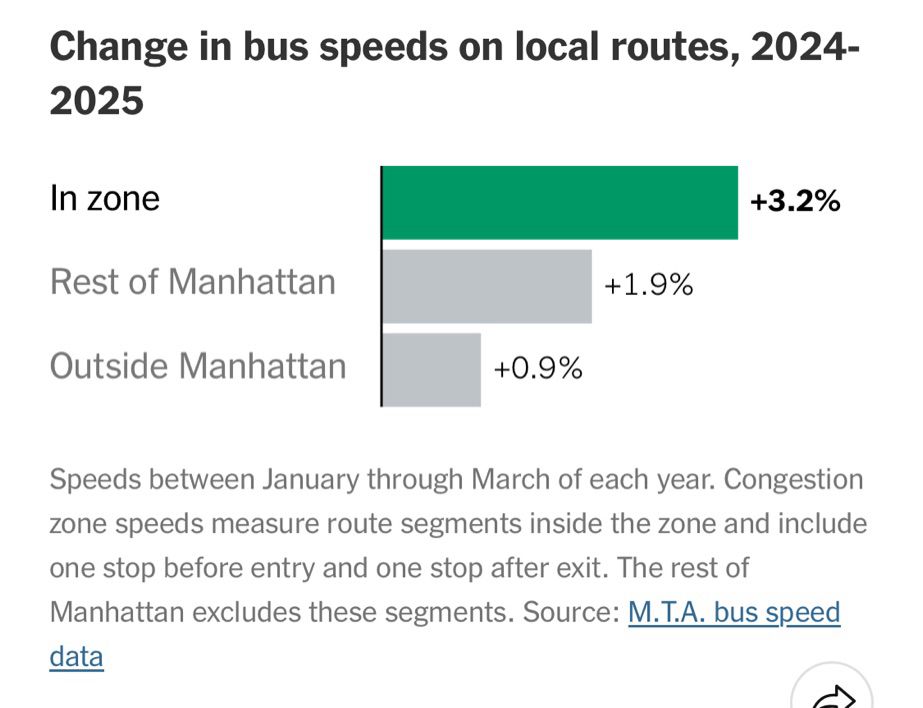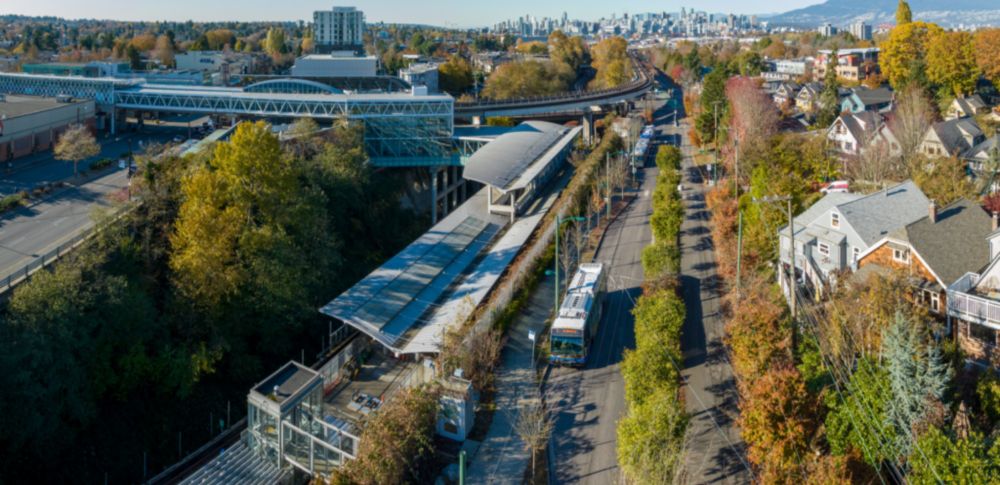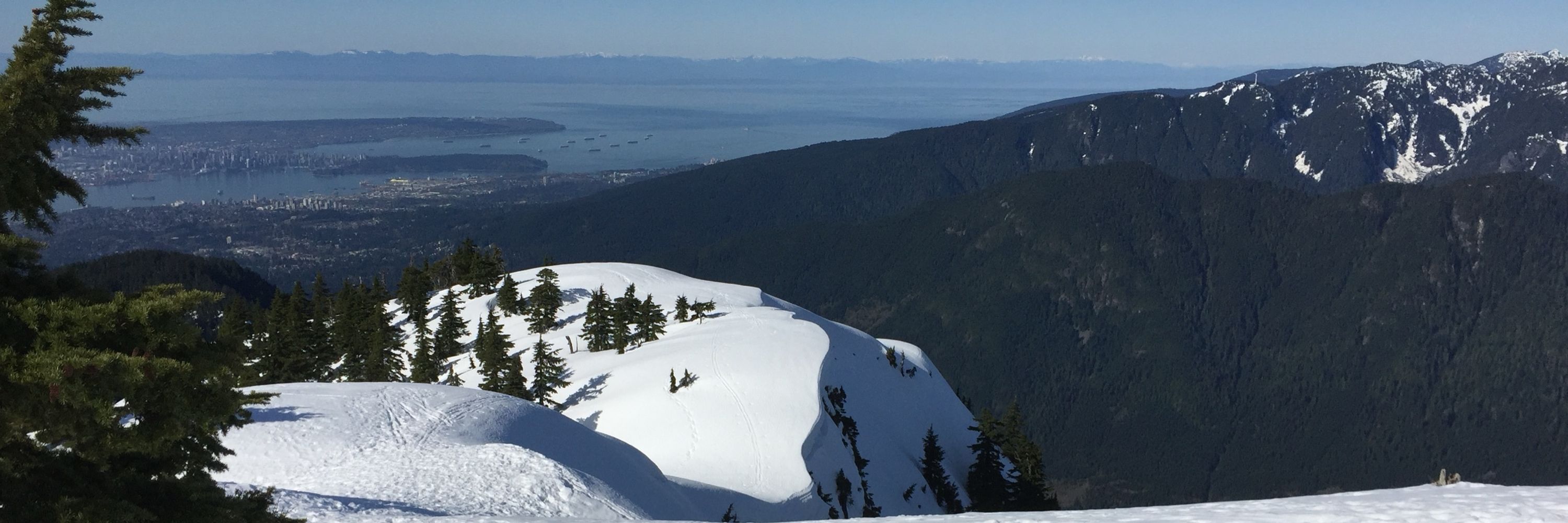
Mike Buda
@mikebuda.bsky.social
320 followers
540 following
22 posts
A transit and municipal guy. Lots of climbing and skiing in BC. Executive Director at the TransLink Mayors' Council in Metro Vancouver.
Posts
Media
Videos
Starter Packs
Reposted by Mike Buda
Mike Buda
@mikebuda.bsky.social
· Jul 8
Reposted by Mike Buda
David Roberts
@volts.wtf
· Jul 8
Reposted by Mike Buda
Reposted by Mike Buda
Marco Chitti
@chittimarco.bsky.social
· Jul 8
Reposted by Mike Buda
Marco Chitti
@chittimarco.bsky.social
· Jul 8
Mike Buda
@mikebuda.bsky.social
· Jun 16
Reposted by Mike Buda
Reposted by Mike Buda
Reposted by Mike Buda
TransitCenter
@transitcenter.bsky.social
· May 26
The one and only weird trick to save transit is having elected officials who actually decide it is important to save transit.
Mike Buda
@mikebuda.bsky.social
· May 15
Mike Buda
@mikebuda.bsky.social
· May 13
Reposted by Mike Buda
Khelsilem
@khelsilem.bsky.social
· May 13
Reposted by Mike Buda
Khelsilem
@khelsilem.bsky.social
· May 13
Reposted by Mike Buda
Reposted by Mike Buda
Reposted by Mike Buda
Reposted by Mike Buda
"We don’t have to wait until all our suburbs are rebuilt to become European-style walkable utopias; it’s possible to get people out of their cars in a matter of months simply by running buses more frequently."
www.bloomberg.com/news/article...
www.bloomberg.com/news/article...

How Did This Suburb Figure Out Mass Transit?
Transit ridership is off the charts in Brampton, Ontario, despite its typical low-density suburban layout. Here’s how the city got residents to get on the bus.
www.bloomberg.com
Reposted by Mike Buda
Patrick Johnstone
@pjnewwest.bsky.social
· Apr 30
Reposted by Mike Buda
Justin McElroy 🇨🇦
@jmcelroy.bsky.social
· Apr 30



